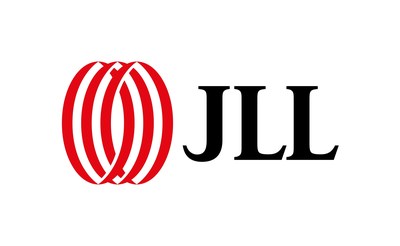Demand for sustainable buildings and tightening regulations drive business case for investment
JLL research analyzes three key factors owners and occupiers must consider in decision-making
Rising demand for sustainable buildings
In many global markets, rising corporate demand for buildings with sustainability credentials will have an impact on office market dynamics. Across 20 major office markets, including
The way occupiers think of sustainable buildings is also changing. Historically, green certifications have been the primary mark of sustainable buildings and tenants have been willing to pay the price. Transaction evidence from 2023 shows healthy rental premiums are still being achieved for certified buildings across a range of global office markets – but the industry is shifting.
Tenants will increasingly seek environmental performance indicators, such as energy intensity and electrification, on top of green credentials. JLL is already seeing evidence of this in advanced European markets, like
"Despite the current headwinds from today's global economic environment, the business case for making investment into decarbonizing and resilience across real estate portfolios is getting even stronger," says Guy Grainger, Global Head of Sustainability Services and ESG. "Taking action now will minimize the business cost of ever more frequent climate events and maximize the commercial benefit from the incredibly low supply of net zero carbon buildings in the world."
More restrictive regulations
Although market forces driving investors and occupiers are moving faster than regulations right now, new legislation is on the horizon at an international, national and most stringently at a city level. Policies from 16 global cities covering carbon, energy, buildings circularity, biodiversity and resilience show a wide spectrum of commitment and action. For instance, 'Climate Progressive' cities such as
Mounting costs from physical climate risks
The damage caused by increasingly frequent and intense weather events is a mounting concern for real estate. Part of building a strong business case will involve understanding the risks of disruption to business operations and potential damage to buildings. One of the biggest challenges in assessing climate risk is the wide range of approaches and the lack of consensus on standardization. Some providers are thinking about value at risk in terms of insured value, others are looking at the change in asset value or replacement cost.
On Dec. 5, 2023, at 10am CT/11am ET/4pm GMT, JLL will host a webinar as part of
About JLL
For over 200 years, JLL (NYSE: JLL), a leading global commercial real estate and investment management company, has helped clients buy, build, occupy, manage and invest in a variety of commercial, industrial, hotel, residential and retail properties. A Fortune 500® company with annual revenue of
Contact: Allison Heraty
Phone: +1 312 228 3128
Email: allison.heraty@jll.com
![]() View original content to download multimedia:https://www.prnewswire.com/news-releases/demand-for-sustainable-buildings-and-tightening-regulations-drive-business-case-for-investment-301999392.html
View original content to download multimedia:https://www.prnewswire.com/news-releases/demand-for-sustainable-buildings-and-tightening-regulations-drive-business-case-for-investment-301999392.html
SOURCE JLL-IR









